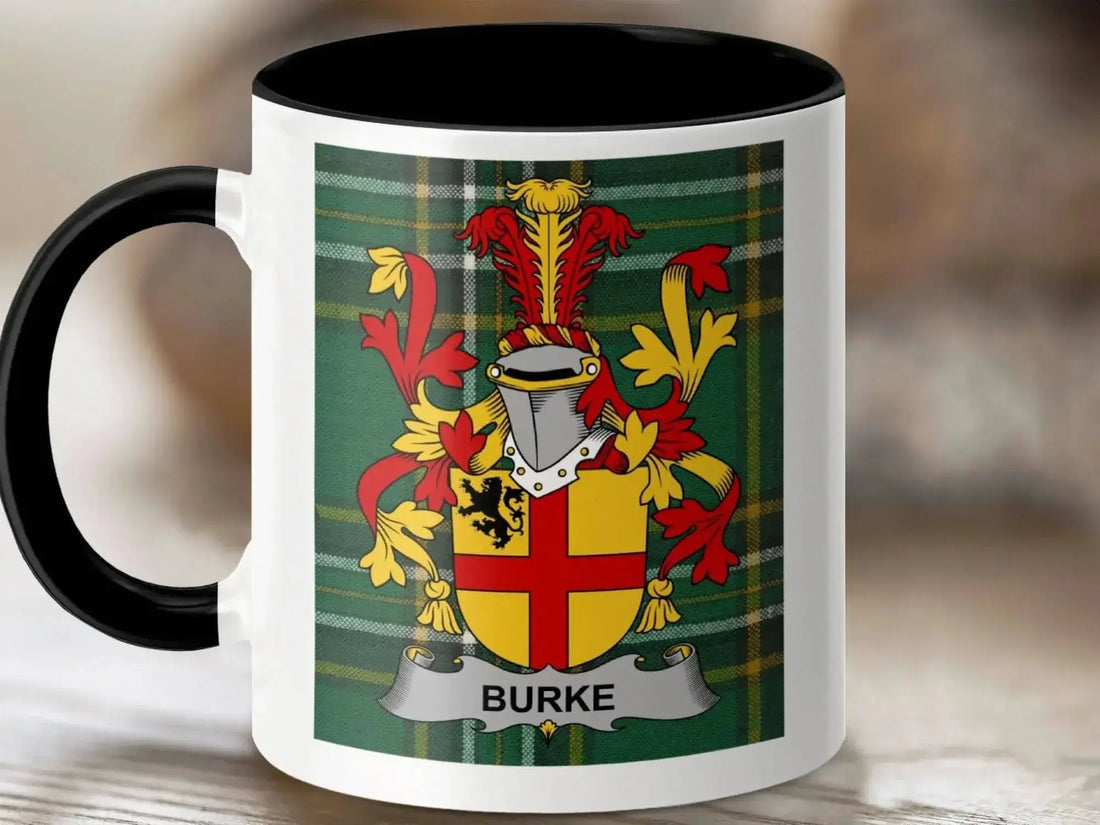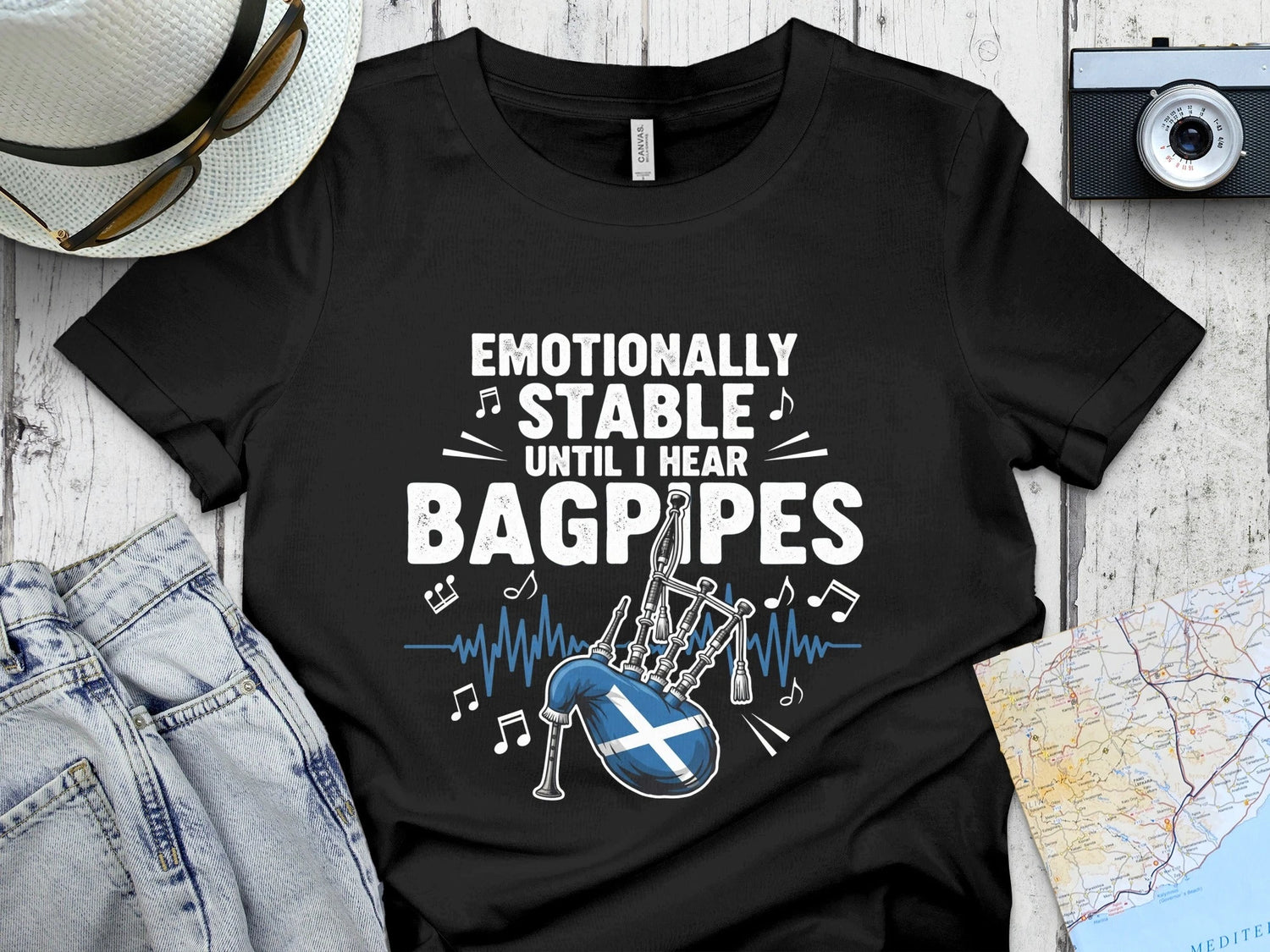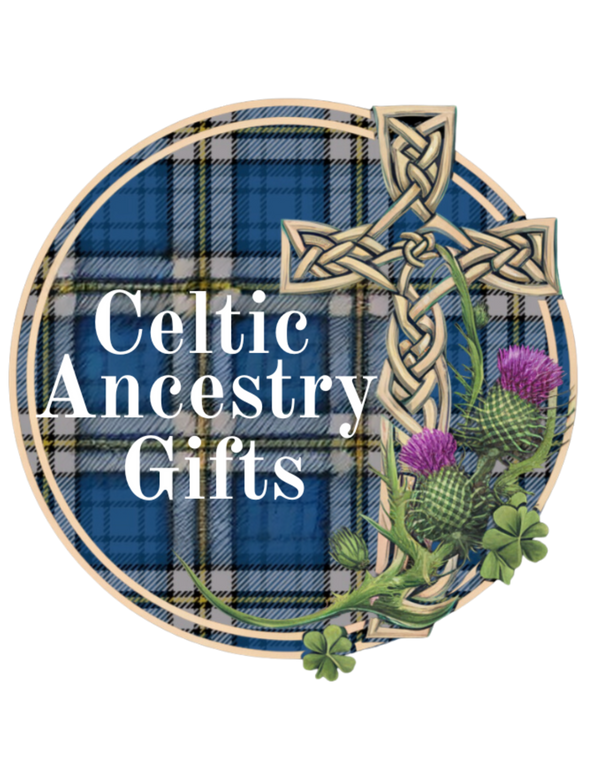
The Burke Surname: Noble Lineage of Ireland’s Norman Chieftains
Share
1️⃣ Introduction: The Pride and Power of the Burke Name
The surname Burke carries with it an air of dignity and heritage, rooted in centuries of Irish and Norman nobility. To bear the name Burke is to belong to a lineage that has left an indelible mark upon Ireland’s history—from medieval castles in Connacht to the noble families who helped shape Irish society.
The Burkes are among Ireland’s most distinguished surnames, blending Norman chivalry with Gaelic tradition. For many, the name evokes stories of knights, chieftains, and leaders who forged their identity in the west of Ireland—most famously in Counties Galway and Mayo, where the Burke clan’s legacy still thrives.
Today, the Burkes stand as a symbol of Irish resilience, adaptability, and pride in ancestry—a family whose history reflects both conquest and deep-rooted belonging.
2️⃣ History & Origins of the Burke Surname
The Burke surname originated from the Norman family de Burgh, who arrived in Ireland during the late 12th century as part of the Anglo-Norman invasion. The family descended from William de Burgh, a powerful Anglo-Norman nobleman who came to Ireland around 1185, serving under King John.
William de Burgh established himself in County Limerick before his descendants moved westward into Connacht, where they quickly rose to prominence. Over time, the family became “more Irish than the Irish themselves,” adopting Gaelic customs, laws, and even the Irish language.
The original Norman name de Burgh gradually evolved into Burke (and sometimes Bourke) through the natural Gaelicization process. In Irish, the name is rendered as de Búrca or Mac Búrc, meaning “of the de Burgh family.”
By the 14th century, the Burkes had split into two powerful Gaelicized branches:
-
The Mac William Íochtar (Lower Mac William) Burkes of Mayo, and
-
The Mac William Uachtar (Upper Mac William) Burkes of Galway.
Each branch ruled their territories as autonomous Gaelic chieftains, blending their Norman lineage with traditional Irish clan systems.
3️⃣ Spelling Variations & Related Names
The Burke name has appeared in many spellings over the centuries, reflecting both Norman and Gaelic influences.
Variants: Burke, Bourke, de Burgh, de Búrca, Burgh
Older Forms: Burgo, Burgoe (Latinized in medieval documents)
Related Septs: Blake, Lynch, Browne, and other Norman-Irish families of the “Tribes of Galway.”
The Bourke spelling remains more common in certain parts of Ireland, especially in Tipperary and Limerick, while Burke dominates in Galway, Mayo, and beyond.
4️⃣ The Burke Lands: Castles, Chieftains & Connacht Roots
The ancestral heartlands of the Burke family lie in Connacht, particularly Counties Galway and Mayo. From their arrival in the 12th century onward, the Burkes established vast territories, building stone castles and manors that became symbols of their enduring power.
In County Galway, the Mac William Uachtar branch became the leading family of the region. They ruled over the territory known as Clanricarde, a name that survives today in the title Earl of Clanricarde, still historically associated with the Burke lineage.
In County Mayo, the Mac William Íochtar Burkes governed extensive lands around Ballinrobe, Castlebar, and Turlough, acting as independent Gaelic lords well into the 16th century.
Notable strongholds connected to the Burkes include Ballinrobe Castle, Portumna Castle, and Clogher Castle, among others. These sites, many still standing in part today, offer a glimpse into the grandeur and influence the family once commanded.
As Norman knights turned Irish chieftains, the Burkes became patrons of Gaelic poets, scholars, and musicians, ensuring that their wealth also nurtured Ireland’s cultural heritage.
5️⃣ Migration & Modern Day Presence
Over centuries, the Burkes spread far beyond Connacht. As Ireland endured conquest, famine, and emigration, the Burke family name traveled to every corner of the globe.
During the Cromwellian confiscations of the 17th century, many Burke families lost their ancestral lands and were displaced to other parts of Ireland or abroad. Some served as soldiers in European armies, joining the famed “Wild Geese” who left Ireland to fight in France and Spain.
In the 19th century, the Great Famine spurred further migration. Burkes settled in the United States, Canada, Australia, and New Zealand, often becoming respected community leaders, teachers, and clergy.
Today, Burke is one of the most widespread Irish surnames, ranking among the top 15 in Ireland. The greatest concentrations remain in the west—in Galway, Mayo, and Clare—but the name is equally common across Irish diasporic communities worldwide.
6️⃣ Fun Fact: “More Irish than the Irish Themselves”
The Burkes were often described by historians as being “more Irish than the Irish themselves.” This phrase captured how completely the Norman de Burgh family embraced Irish language and custom. By the 15th century, they no longer considered themselves outsiders but true Gaelic chieftains—speaking Irish, following Brehon Law, and leading their clans just as native kings had done for centuries before.
This cultural transformation makes the Burkes one of the finest examples of Ireland’s ability to absorb and transform all who come to its shores.
7️⃣ Celebrate Your Burke Heritage
The Burke surname stands for nobility, endurance, and the blending of Norman valor with Irish heart. From the castles of Connacht to modern families around the world, the Burkes remain a living testament to Ireland’s deep and storied past.
💚 Search your family name in the search bar above to explore your clan gifts. Discover your Burke crest on mugs, t-shirts, blankets, ornaments, wall art, phone cases, magnets, flags, and more—perfect keepsakes to celebrate your Irish heritage with pride.

